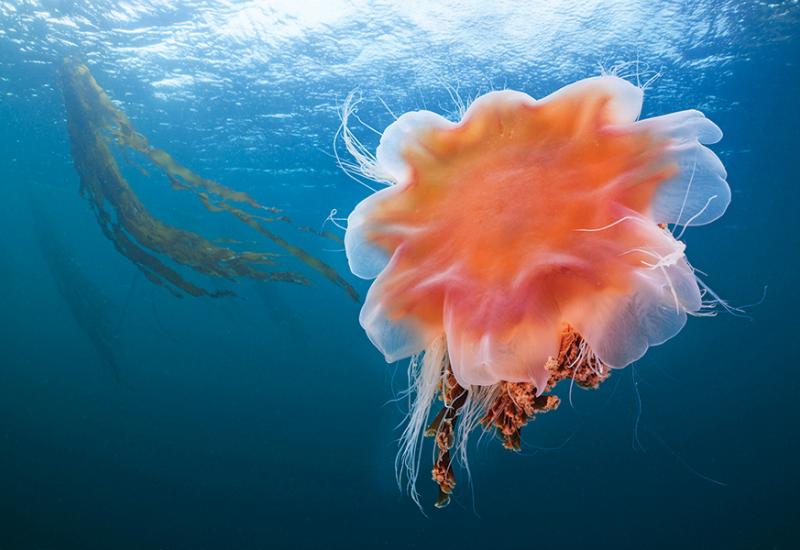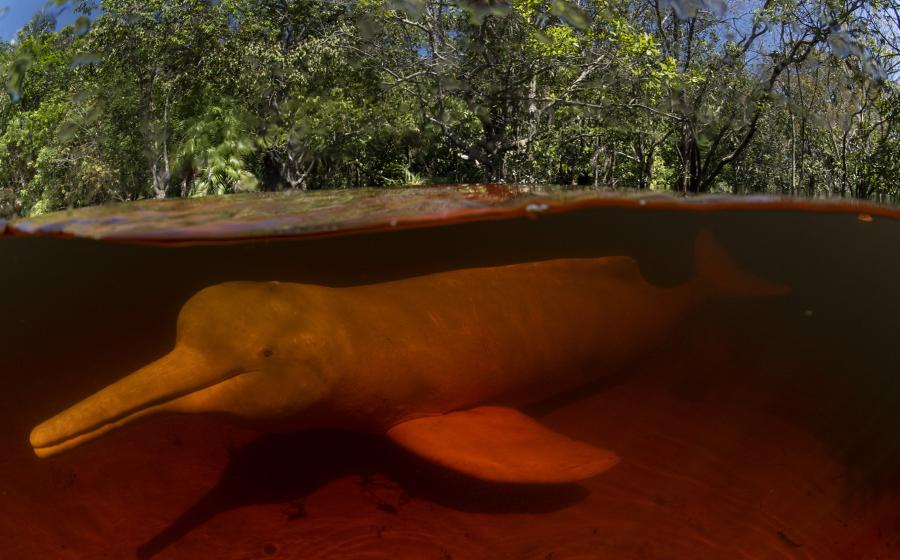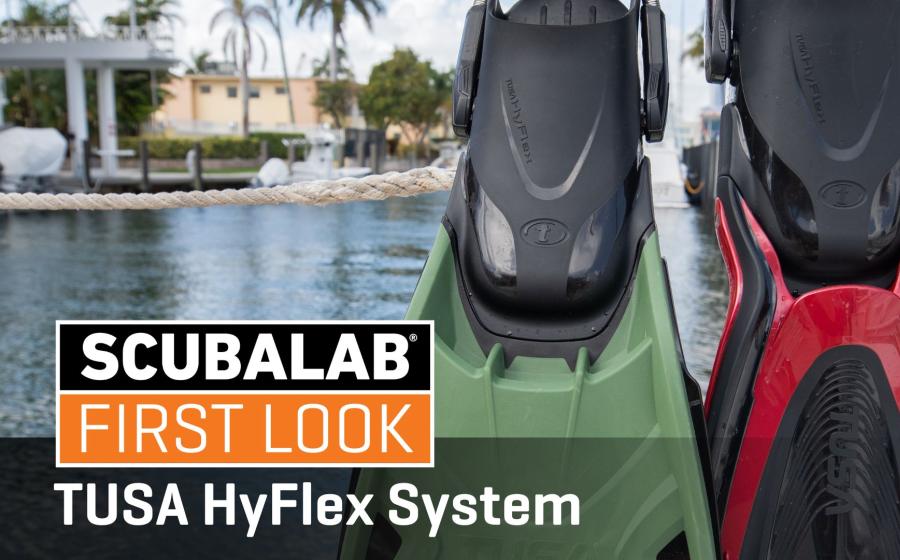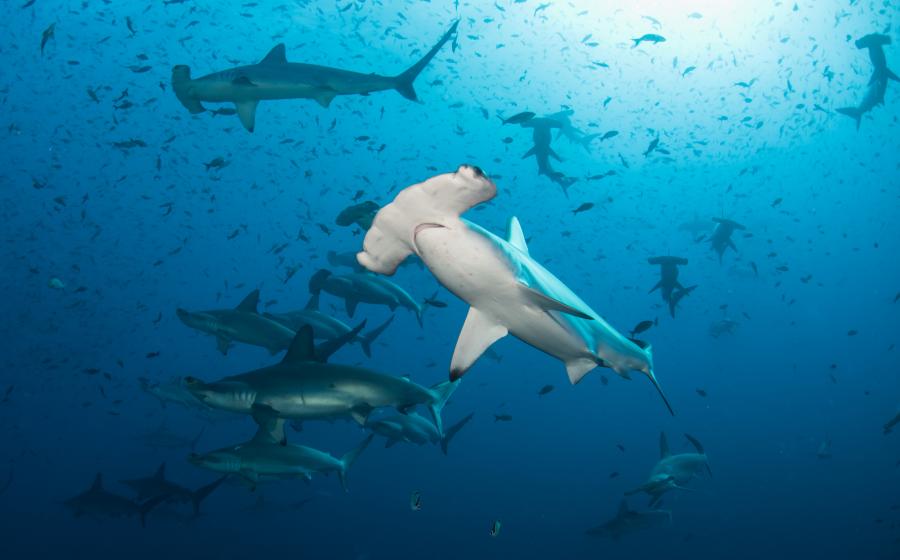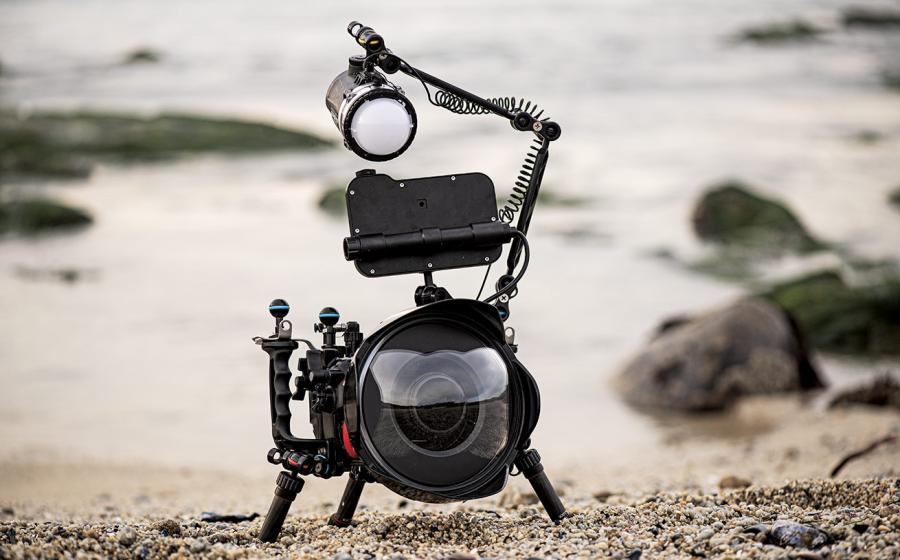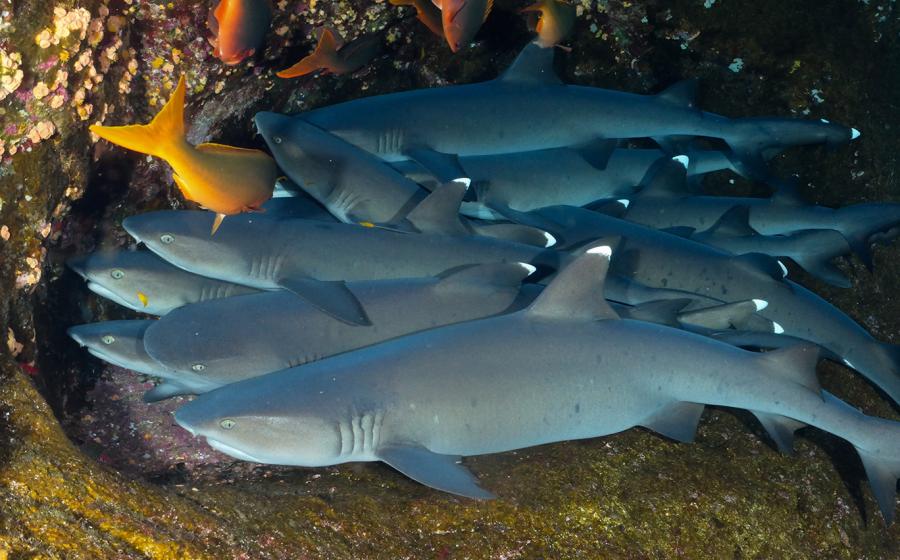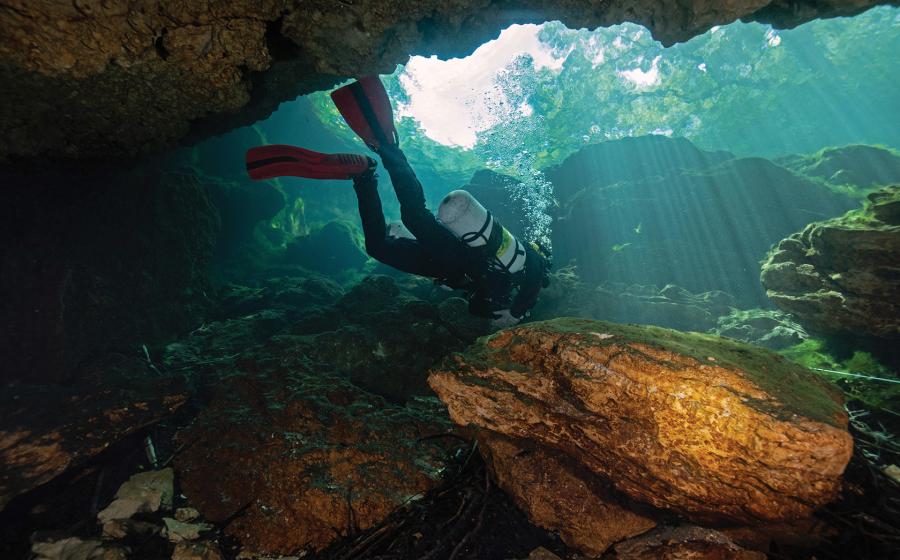Leading the Wave in Sustainable Liveaboard Diving
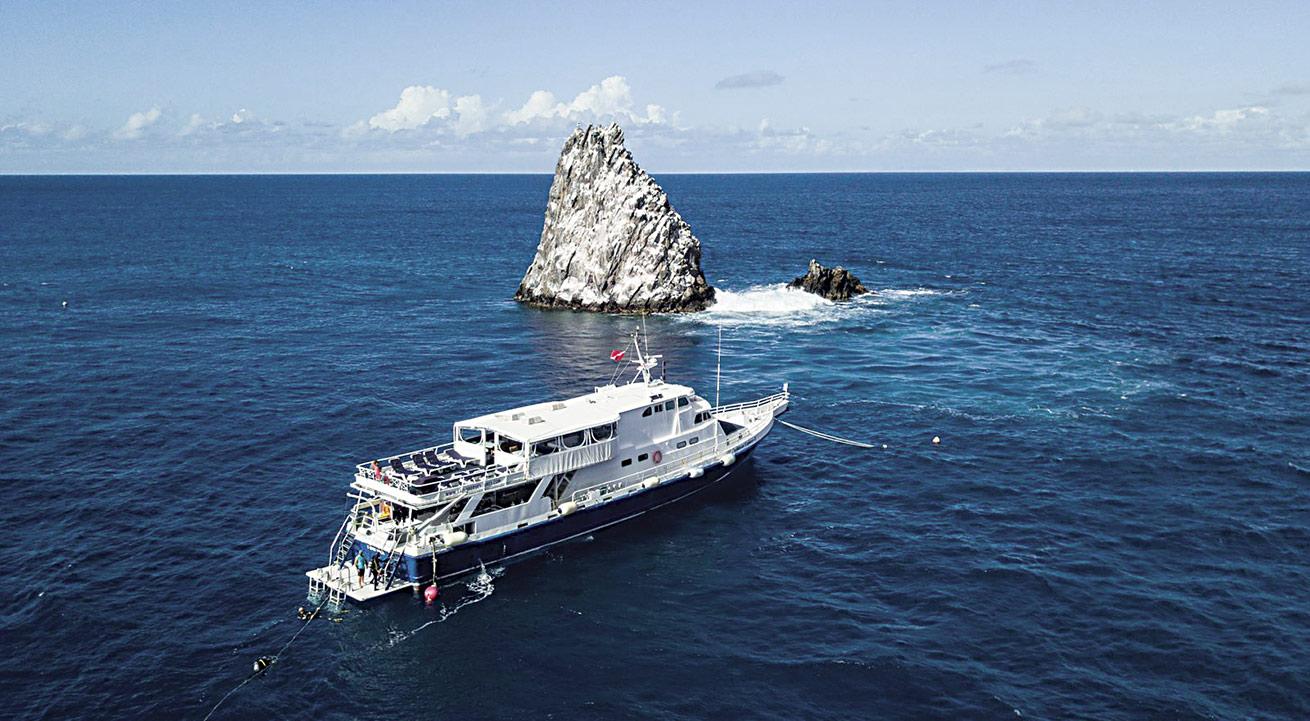
Explorer VenturesCaribbean Explorer II moors at Saba Marine Park.
The majority of liveaboard guests are experienced divers, familiar with the state of the planet’s coral reefs—so it was a shock to the Explorer Ventures team when efforts to encourage sustainable practices wouldn’t stick.
The year was 2008. The liveaboard staff was strongly encouraging guests to participate in their Dive Green program, which included carbon offsets and a cleanup dive with each weeklong trip.
“We wanted guests to be involved,” says Rachel Huber, environmental lead with Explorer Ventures. But there was a problem. “Our guests just weren’t interested.”
Jump to 2018, when the team noticed Green Fins’ success. Under the the Reef-World Foundation, this program had created a conservation-driven standard for dive operators to follow. The result: a simple program that was gaining traction.
What caught the attention of Clay McCardell, owner of the fleet, were the instructional materials for divers.
“We noticed how they were educating people,” says Huber.
The biggest contrast was that the messaging was standardized and repeated.
“This consistency strengthens Green Fins’ impact by making it easier for divers to understand and adopt environmentally friendly habits wherever they dive,” says Teresa Moh, senior communications officer with the Reef-World Foundation.
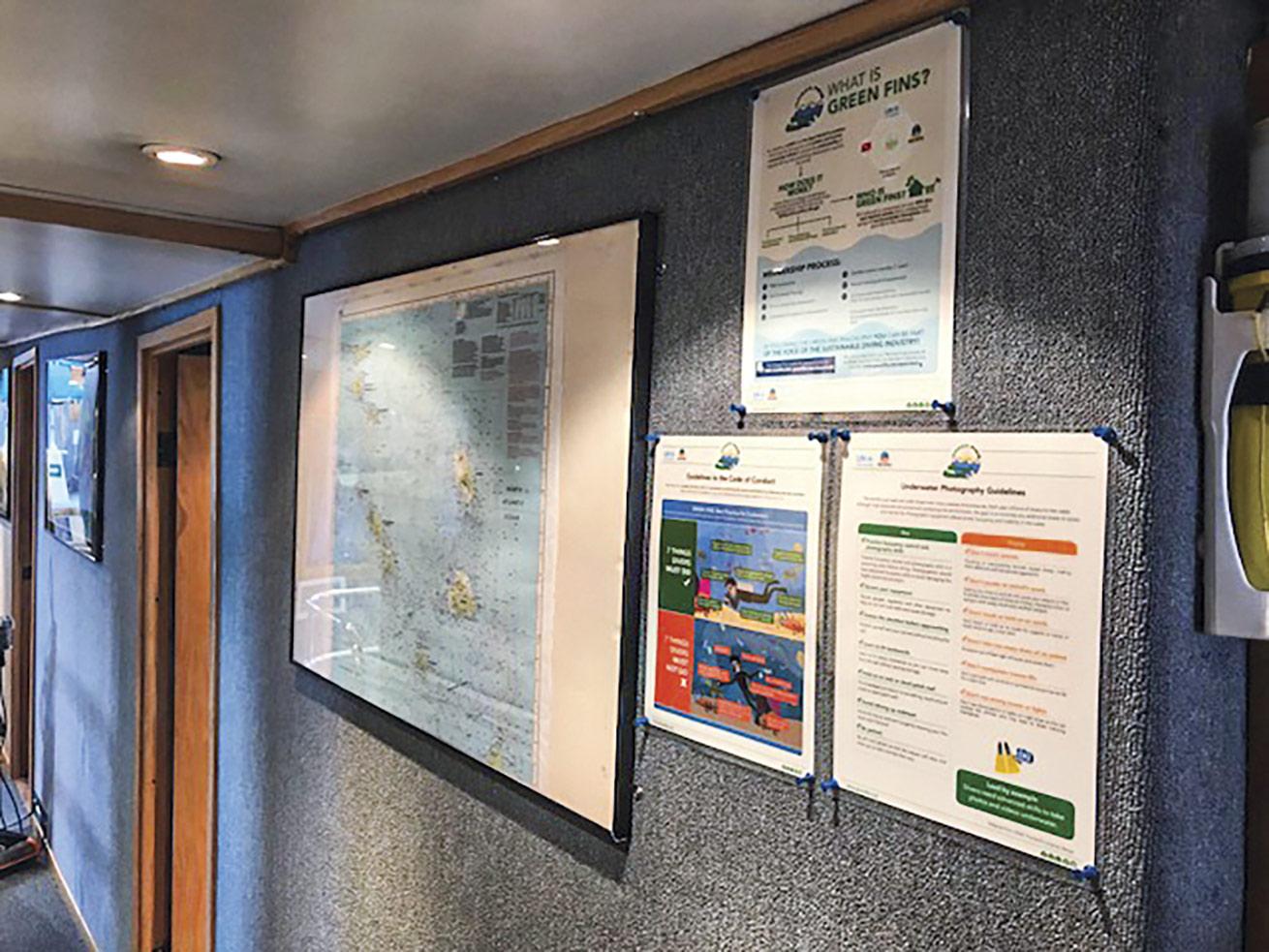
Explorer VenturesGreen Fins literature provides eco-friendly tips for onboard guests.
The educational component starts with a small program that teaches travelers how to choose a green operator. It includes info about how to choose reef-safe products and adhere to reef-safe diving practices. Biggest of all, it plants the seeds of a bigger conservation message—all of which is repeated on board. By then, the message becomes familiar.
On board, guests see posters with consistent messaging, each a gentle reminder about small actions that net big results: how to conserve water, remove reef trash safely, photograph marine life and more. The message is shared again by the staff. This means each guest sees and hears the messages several times.
“We share materials so people can look at their leisure,” says Huber.
That’s been the difference. Attraction, not promotion.
It has been a subtle shift—or rather, a shift to the subtle.
Messages are integrated into practices aboard the boat. Participating is optional, but the consistency and repetition by the staff has helped tremendously.
That’s the power of standardization.
“The guests are on board with it,” says Huber. “At the end of the trip, we ask them to donate to Green Fins—almost all do.”
Related Reading: Swimming With Wild Dolphins: A Guide to Ethical Encounters
Part of that change is that the guests see the impact of Green Fins’ efforts. They’re diving sites with mooring balls that Explorer Ventures helped install, and enjoying beaches and reefs that this team has cleaned up. Along the way, they get to help, if they wish, which further increases the emotional buy-in.
It’s working.
Since 2019, Explorer Ventures has received nearly $50,000 in guest donations. These funds go directly to The World Reef Foundation to help expand Green Fins' global reach.
Today, the program operates smoothly and without resistance. But getting started with Green Fins proved challenging simply because there was no programming specific to liveaboards. It was all for land-based operators.
Explorer Ventures worked with Green Fins to create a standard for liveaboards without compromising integrity. They have a 15-point code of conduct that every certified operator must abide by.
Related Reading: This Organization Wants to Make Diving More Eco-Friendly
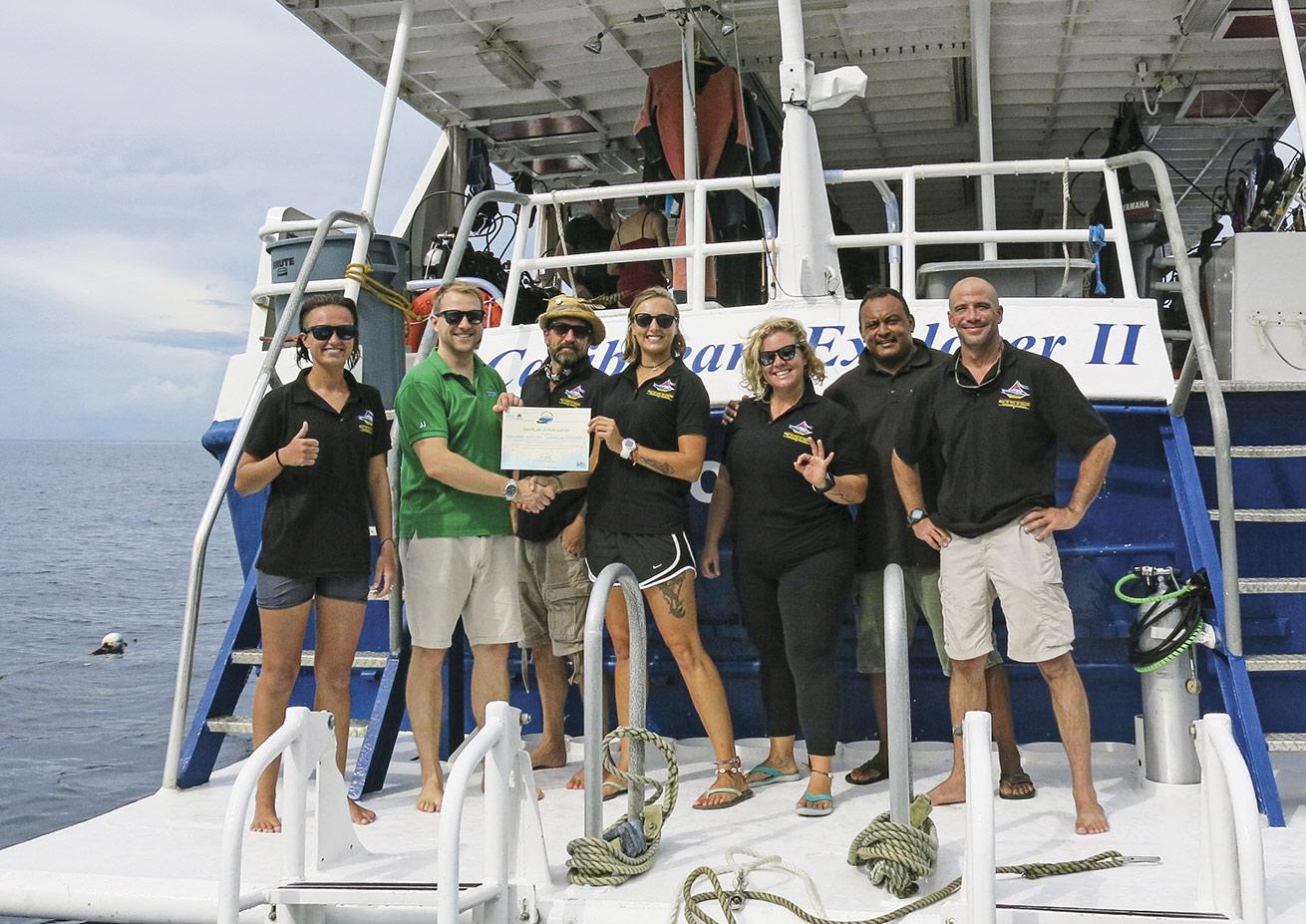
Explorer VenturesThe crew of Caribbean Explorer II shows off the vessel’s Green Fins certification, making it the first liveaboard to receive the distinction.
The code asks that members take part in regular beach and/or underwater cleanups; promote a strict “no touch” policy for all reef diving and snorkeling; prohibit the sale or display of corals, shells and other marine life; and provide training, briefings, talks or information to help employees and guests understand good environmental practices.
But the certifying processes needed to be reworked to fit the realities of liveaboards. At the time, becoming a Green Fins–certified member necessitated a weeklong stay by an assessor, which is cost prohibitive for a liveaboard.
So Explorer Ventures invited the Green Fins team on board Caribbean Explorer II to figure out how to adapt the program for liveaboards. Together, they created a process to ensure each vessel and its staff could meet the requirements, resulting in Caribbean Explorer II receiving the first official Green Fins membership.
Related Reading: How to Book a Sustainable Dive Trip
It was decided that every liveaboard would complete its own assessment process. In 2022, an online Hub was created so staff could upload videos of their boat and its processes, allowing assessors to oversee all their efforts. Once certified, it has to pass the annual review. Each year, every Green Fins member has to make improvements. This looks like an action plan with four items to focus on that year. Past foci have included eliminating single-use plastics on board, limiting food waste and creating less wasteful trash collection.
Supporting the testing and troubleshooting the Hub just one more way the Explorer Ventures fleet has helped Green Fins bring this program to more vessels worldwide.
A History of Conservation
1987
Explorer Ventures launches its first liveaboard, Caribbean Explorer II.
1988
The team introduces best practices to help protect the reefs of Saba and Statia. That same year, they begin assisting the Statia government in preserving their collection of wreck artifacts. Best practices later expand to include a mooring ball installation off Saba.
2008
Explorer Ventures officially launches the Dive Green Environmental Program. This included carbon offsets, reef-safe products and educational efforts.
2018
Caribbean Explorer II becomes the first liveaboard certified to participate in the Green Fins program. Today, four Explorer Ventures vessels are Green Fins certified: Caribbean Explorer II, operating in the Caribbean islands of Saba and St. Kitts; Turks & Caicos Explorer II, operating in the Turks and Caicos Islands, which also joined in 2018; and Humboldt Explorer and Tiburon Explorer, operating in the Galapagos Islands of Ecuador, which both joined in 2022.
2019
Since 2019, Explorer Ventures’ guests aboard their Caribbean vessels have donated $49,804 to the Reef-World Foundation.



